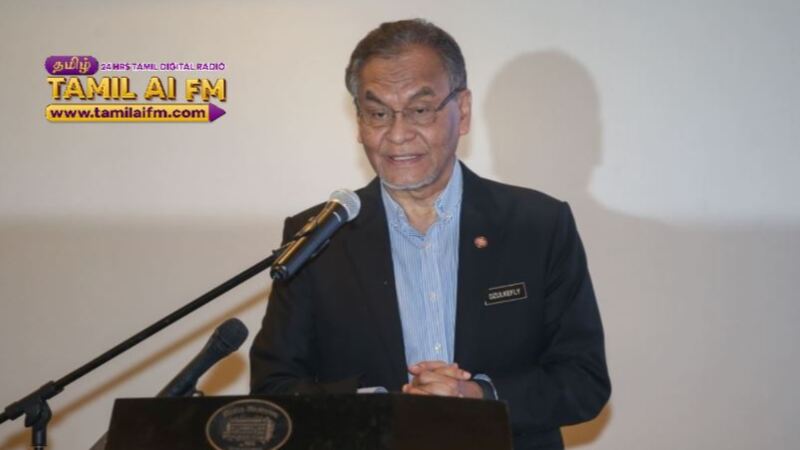KUALA LUMPUR — Health minister Dzulkefly Ahmad has urged Malaysians to prioritise regular health screenings, warning that delayed detection remains a major challenge in the country’s fight against cancer.
He said Malaysia records over 50,000 new cancer cases annually, with the majority only identified at stage three or four, when treatment options become limited and outcomes less favourable, as reported by Free Malaysia Today (FMT).
“More than 50,000 new cancer cases are detected every year, and most are already at stage three or four. By then, it’s too late,” he said.
“I want Malaysians to understand the gravity of this situation. Imagine if a family member is diagnosed with cancer — the financial burden alone can be devastating,” he told reporters after attending the 2025 Bald and Beautiful programme in Elmina.
Dzulkefly said the ministry is working with the National Cancer Society of Malaysia (NCSM) and several NGOs to launch a nationwide health screening programme.
“This is why we emphasise the National Health Screening Initiative. It’s about ensuring people get screened early to detect diseases sooner. Our target is to conduct over one million screenings,” he said.
He noted that breast, colorectal, lung and prostate cancer are among the most common in Malaysia.
Dzulkefly said he hopes the finance ministry will provide adequate funding for the health sector in the Budget 2026, scheduled to be tabled on October 10.
“Typically, we are among the top two ministries receiving the largest allocations. This year, we received RM45.27 billion,” he said.
He said the prime minister and second finance minister have demonstrated strong support for the ministry’s initiatives to enhance medical infrastructure.
“They also understand our pressing need to address chronic diseases, including non-communicable diseases and cancer,” he said.
Dzulkefly stressed that improving hospital infrastructure must go hand-in-hand with boosting the morale of healthcare workers.
“Some of our requests, including for revised allowances (for medical workers), will be announced soon. This is vital as we continue to face staff shortages and other challenges,” he said.


